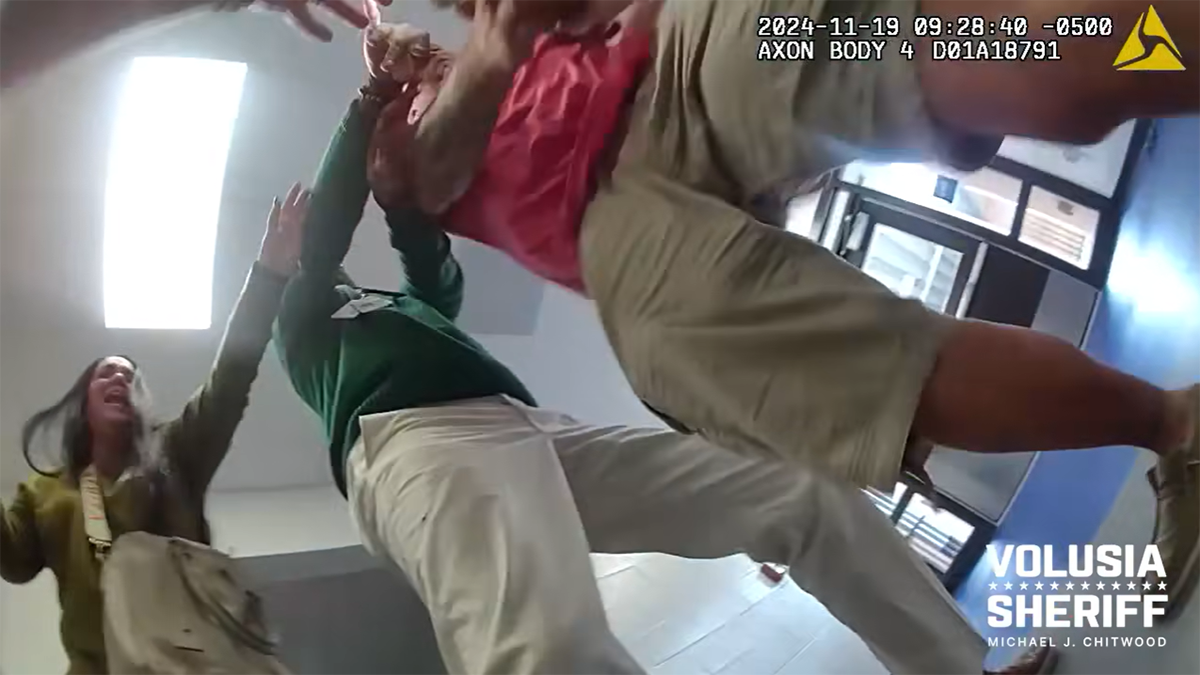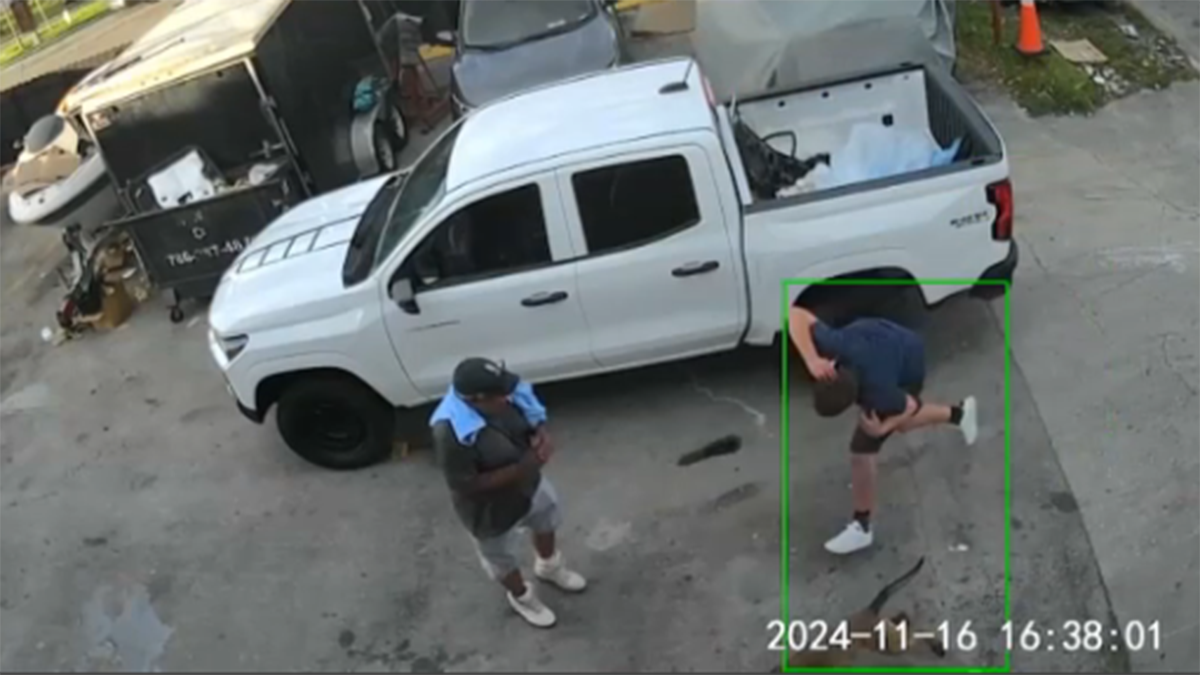Jessica Muniz said she had just sat down to dinner at a friend's house when she noticed something wasn't right.
"Suddenly I felt like, a shudder where I couldn’t speak," she said.
Watch NBC6 free wherever you are
Muniz didn't think much of it and went about the rest of her evening. Then it happened again two days later, so she went to the hospital under the impression that she had had a stroke.
"So we had to go into a CT scan, which I’ve never done before, and she comes rushing in, running. And I’m like, what’s going on?" Muniz said. "And she says, 'You have a brain bleed.'"
Get local news you need to know to start your day with NBC 6's News Headlines newsletter.
It turns out she had a benign vascular tumor called a cavernoma, an abnormal overgrowth of blood vessels in the brain.
Less than a week after Muniz noticed the first sign, she was in the operating room at Broward Health North, undergoing brain surgery while awake.
"We do the surgery awake, and we use special equipment to stimulate the brain with relation to where the tumor is or the mass, and safely guide us through the surgery, because that’s real time data, so we’ll know exactly where not to go and where to go," said Dr. Ali Ghods, her neurosurgeon.
Local
While nerve-wracking, Muniz said she went into fight or flight mode to get through the operation.
"I just thought about my family, my husband, my daughter and the reason to be here," she said.
On Thursday, she was able to reunite with her caregivers at the hospital again for the first time.
"It's like having a bunch of moms take care of you and family, and that's exactly how I felt," Muniz said.
Now she's grateful to be alive to share her story and a message to others.
"Be self-aware, get to know yourself really, really good. I know for some women it takes longer, but you got to speed up the process. The way that it is today 2024, we have to hurry up and just really get to know our bodies and recognize the signs," Muniz said.
Dr. Ghods said one in 1,000 people have cavernomas, and it occurs predominantly in the Hispanic community. But warning signs often don't present until it's already bleeding, which could be sporadic or congenital.



